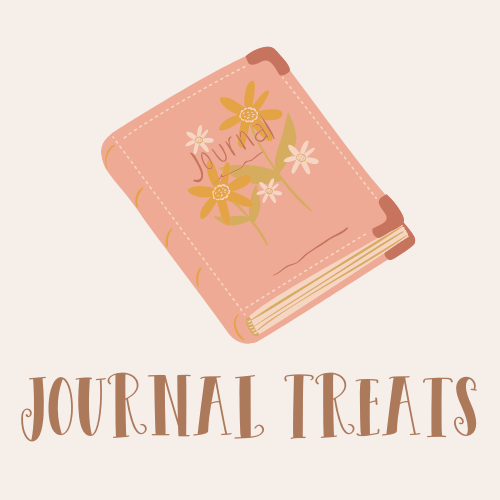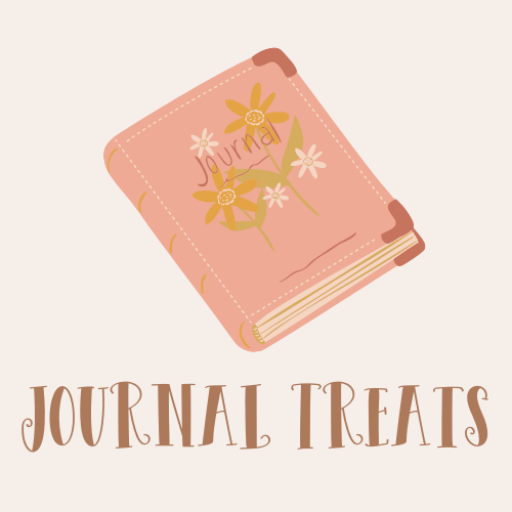
Discover the Transformative Power of Journaling for Healing

In a world filled with constant distractions and fast-paced living, many people are journaling to slow down and heal emotionally. Writing down thoughts, feelings, and experiences can be incredibly relaxing, offering a powerful tool for personal growth and emotional recovery. Whether people are dealing with grief, anxiety, or everyday stress, journaling can be a simple yet impactful way to navigate life’s challenges.
A Safe Space for Expression

One of the most powerful aspects of journaling is that it provides a safe space to express thoughts and feelings without fear of judgment. When life feels overwhelming, bottling up emotions or suppressing them is easy. Journaling allows people to release those emotions in a private, controlled environment. This release can be incredibly freeing, helping people process difficult emotions like anger, sadness, or fear.
Processing Trauma and Pain
Journaling can be a powerful tool for healing from trauma or painful experiences. Writing about experiences allows people to reflect on what happened, identify patterns, and eventually begin healing. Research shows that expressive writing can significantly improve emotional well-being, helping people recover from traumatic events or long-term emotional pain.
Gaining Insight and Self-Awareness
Journaling helps people gain deeper insight into their thoughts and behaviors. Regularly writing down experiences and reactions may lead to people starting to notice patterns in their thinking and emotional responses. This increased self-awareness can lead to more mindful living as people become more conscious of how certain situations or people affect them.
Reducing Anxiety and Stress

If people find themselves feeling anxious or stressed, journaling can be a powerful way to calm the mind. The simple act of writing out worries can make them feel more manageable, which is beneficial. It gives people’s minds a break from racing thoughts, allowing them to focus on organizing their feelings and taking a step back from the intensity of the moment. Journaling helps deal with stress, putting it on paper instead of letting it build up in the mind. Studies have shown that writing about stress can reduce anxiety levels and improve emotional regulation.
Journaling for Grief and Loss
Journaling offers a gentle way to process deep emotions for those navigating grief and loss. Writing allows people to honor their feelings of sadness, anger, or confusion while also creating a space to remember and celebrate the life of someone they’ve lost. Journaling during times of grief can help articulate feelings that might be too difficult to speak out loud.
Building Resilience Over Time
Resilience is the ability to bounce back from adversity, and journaling can play a key role in building that strength. When people regularly write about difficult experiences, they develop real resilience. People see how they’ve overcome challenges in the past, which reminds them that they can do it again.
Setting Goals for Personal Growth

Another benefit of journaling is that it helps people set and achieve personal growth goals. Whether they want to work on developing better coping mechanisms, becoming more mindful, or improving emotional intelligence, writing these goals down makes them feel more real and achievable.
Enhancing Emotional Intelligence
Writing about feelings allows people to tap into their emotional intelligence, which is their ability to understand and manage their own emotions as well as the emotions of others. The more people journal, the better they identify complex emotions and understand their impact on their lives. This self-awareness can improve relationships and communication with others, making journaling an essential tool for emotional growth.
Journaling as a Daily Practice
Incorporating journaling into a daily routine can have lasting benefits for someone’s emotional well-being. Even if they only write for a few minutes each day, consistency can help reinforce positive thinking patterns and create a habit of self-reflection. Over time, this daily practice can become a key aspect of emotional health, giving people the space to check in with themselves regularly.
Finding a Unique Voice
One of the most empowering aspects of journaling is people finding their unique voice. As they write about their experiences, people begin to develop a stronger sense of self and purpose. The more someone writes, the more comfortable they become in expressing themselves authentically, which can lead to increased confidence and self-acceptance. Over time, journaling allows people to take ownership of their stories, reclaim their own narratives, and choose how they want to move forward. This sense of control over someone’s life can be incredibly healing, fostering a renewed inner peace.
Share this post :


11 Methods of Combining Cleaning With Journaling for Everyday Peace

How Tidying and Writing Improve Mental Health

11 Ways to Use Cleaning and Journaling as Life Tools
Subscribe our newsletter
Stay Updated with the Latest Reviews – Subscribe to Our Newsletter!
Affiliate Disclosure
As an Amazon Associate, Journaltreats.com earns from qualifying purchases.
Our website also contains other affiliate links, but our editorial content is not influenced by advertisers or affiliate partnerships. See our full disclosure.
AI Disclosure: Some elements may have been created with the assistance of AI tools.
Copyright Notice
All of the content on this website, including images, text, audio, and video, is Copyright © 2024 Journal Treats and may not be stolen, reproduced, downloaded, republished, or otherwise used without the explicit written permission of the owner of Journaltreats.com.
Except where prior permission is granted, Journal Treats reserves all rights.


